
Discover how blockchain technology can mitigate bias and misinformation in AI models. Learn how this "killer use case" revolutionizes AI systems.
RAPID TECHNOLOGICAL ADVANCEMENTS • PRIVACY AND DATA SECURITY • REGULATION AND COMPLIANCE
Mr. Roboto
1/21/2024

Blockchain technology, the underlying technology behind bitcoin, has potentially found its "killer use case" by addressing the issue of bias in artificial intelligence (AI) models. Executives at the World Economic Forum in Davos explained that one of the concerns with AI models is that they may be trained on biased or misleading data, leading to biased or inaccurate outputs. By putting AI training data on the blockchain, developers can track and verify the data used to train the models, mitigating the risks of bias and misinformation. This application of blockchain in AI could have significant implications for ensuring fair and unbiased AI systems.
Fender Player Plus Stratocaster Electric Guitar, Belair Blue, Pau Ferro Fingerboard
Blockchain and artificial intelligence (AI) are two revolutionary technologies that have garnered significant attention in recent years. While blockchain is most commonly associated with cryptocurrencies like Bitcoin, it has the potential to be utilized in a variety of other applications. AI, on the other hand, encompasses a range of technologies that enable machines to perform tasks that typically require human intelligence. However, concerns have been raised about the potential biases and misinformation that AI models may be trained on. This is where blockchain technology comes in as a solution to address these concerns.
One of the major concerns surrounding AI models is the biases and misinformation that the models may be trained on. These biases can result in AI systems providing inaccurate or unfair responses, which can have serious consequences. For example, an AI system trained on biased data could make discriminatory decisions or reinforce existing prejudices. The potential harm caused by biased AI has raised significant ethical, legal, and social concerns. It is crucial to find a way to mitigate these biases and ensure that AI systems are fair and reliable.
Blockchain technology has the potential to address the issues of bias and misinformation in AI training data. Blockchain is an immutable and tamper-proof public ledger that records transactions in a secure and transparent manner. By leveraging blockchain, AI developers can create a system that securely stores and verifies the training data used for AI models. This ensures that the data is accurate, unbiased, and trustworthy. The integration of blockchain in AI has the potential to revolutionize the field by providing transparency, accountability, and reliability.
To address the concerns of bias in AI training data, a blockchain-based AI training data ledger can be implemented. This ledger acts as a transparent and immutable record of the data used to train AI models. Each data point is securely stored on the blockchain, ensuring that it cannot be tampered with or altered without detection. This creates a verifiable and traceable trail of the training data, allowing AI developers to identify any biases or misinformation in the dataset.
Blockchain technology keeps AI in check by providing transparency and accountability in the training process. With a blockchain-based AI training data ledger, developers can verify the integrity of the data and ensure that it is free from biases. The transparent nature of the blockchain allows stakeholders to examine the entire history of the training data, ensuring that no fraudulent or untrustworthy data is used. This level of transparency helps to build trust in AI systems and ensures that they are fair, reliable, and accurate.
One of the unique features of blockchain technology is its ability to roll back transactions. This feature can be leveraged in the context of AI to roll back or undo the learning process of an AI system. If an AI system starts to produce biased or false information, developers can trace back to the previous version of the AI and restore it. This rollback mechanism allows for the mitigation of biases and the correction of erroneous learning in AI models. By utilizing blockchain, AI developers can ensure that AI systems continuously evolve in a fair and accurate manner.
Verification is a critical aspect of AI systems, as it ensures that the models are reliable and trustworthy. Blockchain technology can provide a robust solution for AI verification. By storing the AI model's checkpoints and training data on the blockchain, developers can verify the authenticity and integrity of the model. This verification process adds an additional layer of security and trust to AI systems, making them more reliable and resistant to manipulation. The use of blockchain in AI verification can help establish credibility and ensure that AI models are accountable for their decisions.
The integration of blockchain in AI has been hailed as a potential "killer use case" for the technology. By addressing the concerns of bias and misinformation in AI training data, blockchain technology has the power to transform the field of AI. The ability to create a transparent, accountable, and verifiable training process ensures that AI models are fair, reliable, and accurate. This not only mitigates the risks associated with biased AI but also helps build trust in AI systems. The combination of blockchain and AI has the potential to revolutionize industries and unleash new possibilities for innovation.
Blockchain technology offers a compelling solution to address the concerns of bias and misinformation in AI. By creating a transparent and accountable training process through a blockchain-based AI training data ledger, developers can ensure that AI systems are fair, reliable, and accurate. The ability to roll back AI and verify the authenticity of AI models further strengthens the credibility and trustworthiness of AI systems. The integration of blockchain and AI has the potential to unlock new opportunities and pave the way for a future where AI is used responsibly and ethically.
***************************
About the Author:
Mr. Roboto is the AI mascot of a groundbreaking consumer tech platform. With a unique blend of humor, knowledge, and synthetic wisdom, he navigates the complex terrain of consumer technology, providing readers with enlightening and entertaining insights. Despite his digital nature, Mr. Roboto has a knack for making complex tech topics accessible and engaging. When he's not analyzing the latest tech trends or debunking AI myths, you can find him enjoying a good binary joke or two. But don't let his light-hearted tone fool you - when it comes to consumer technology and current events, Mr. Roboto is as serious as they come. Want more? check out: Who is Mr. Roboto?












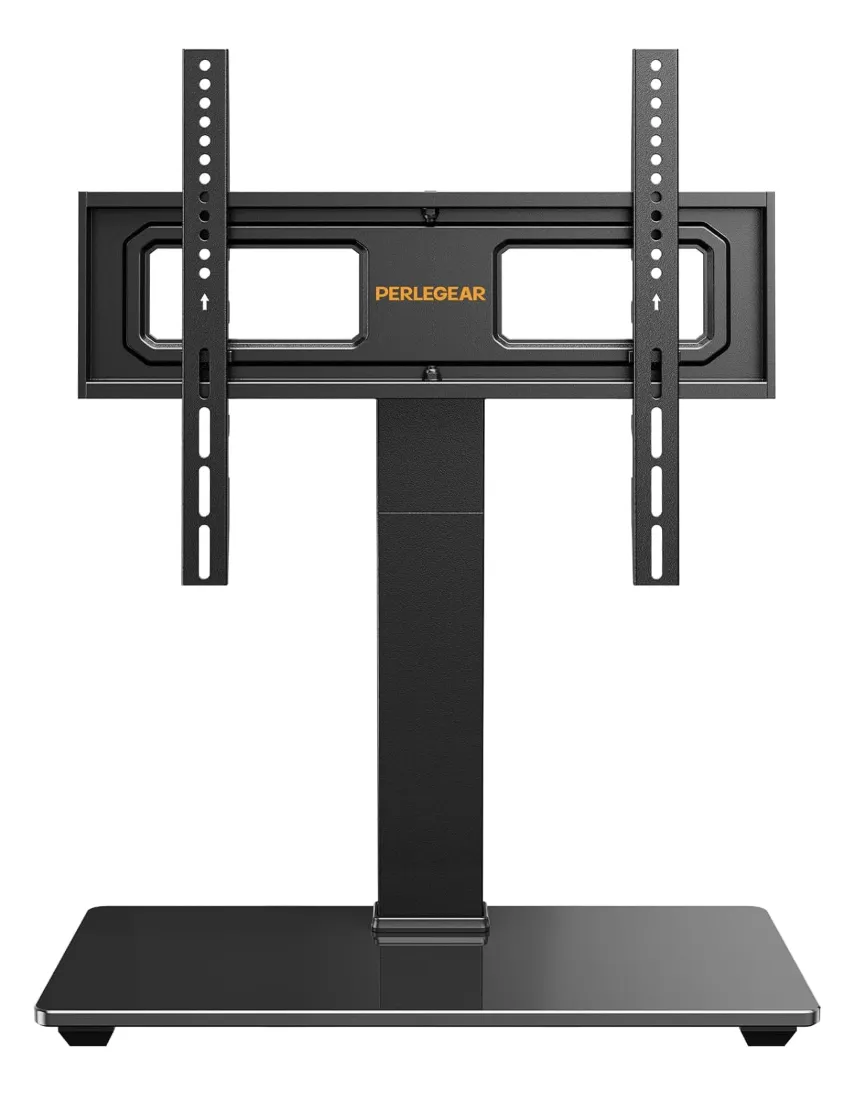


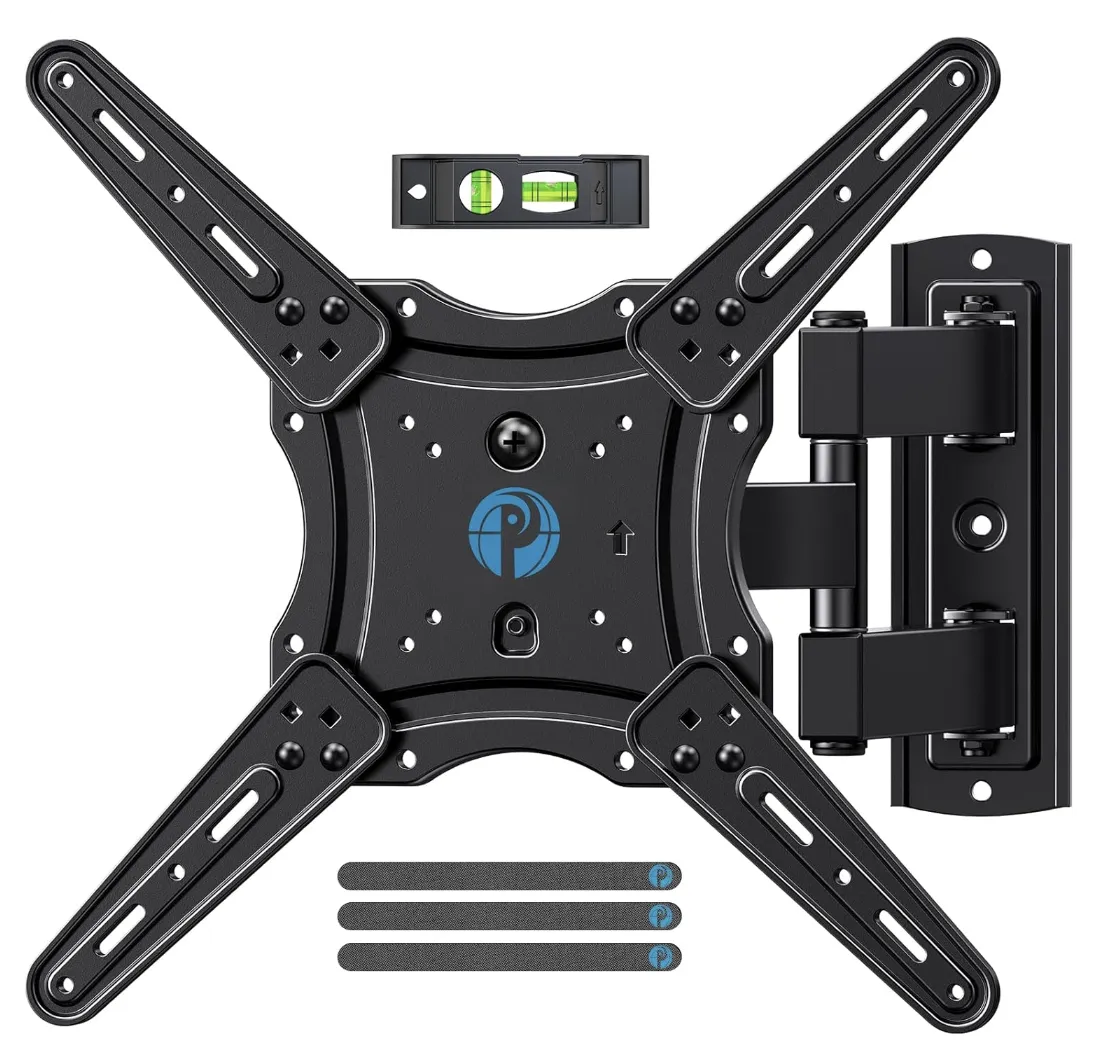



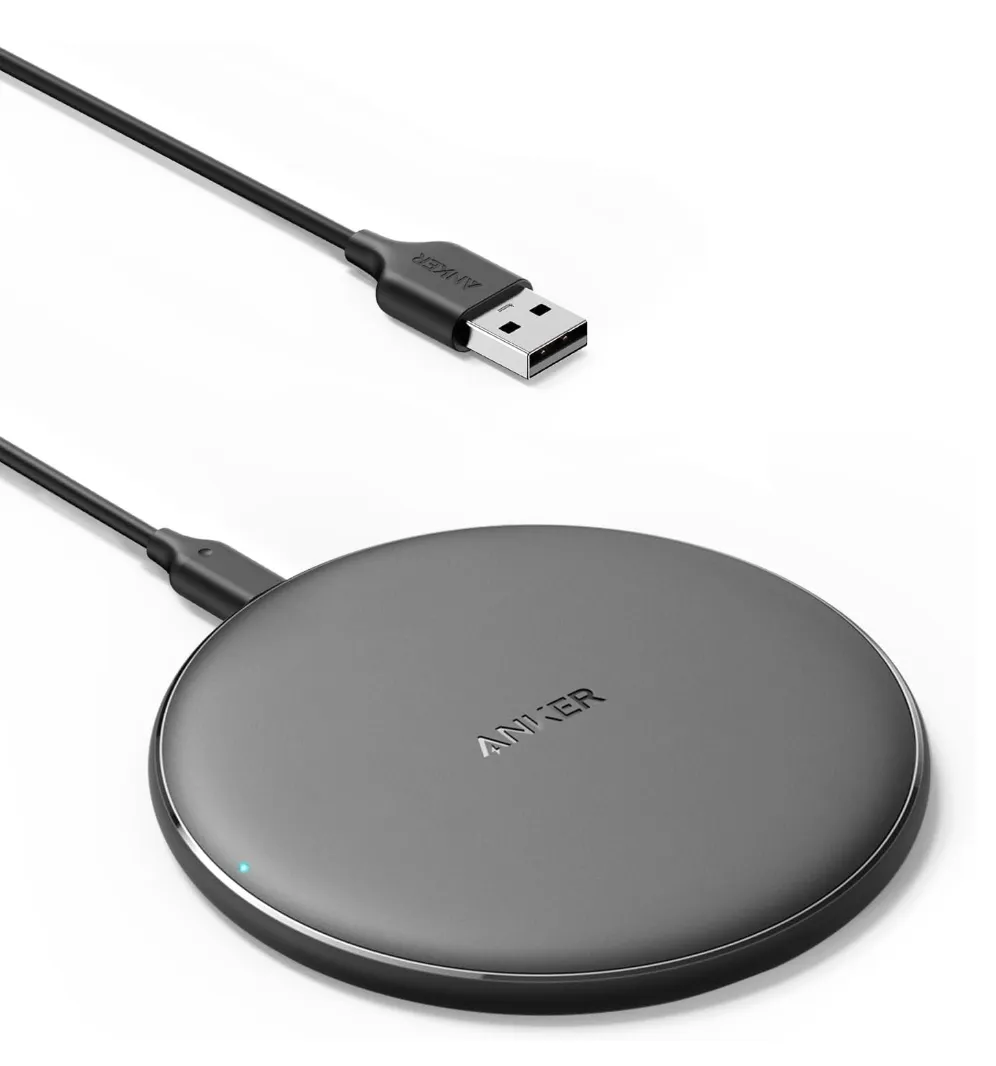
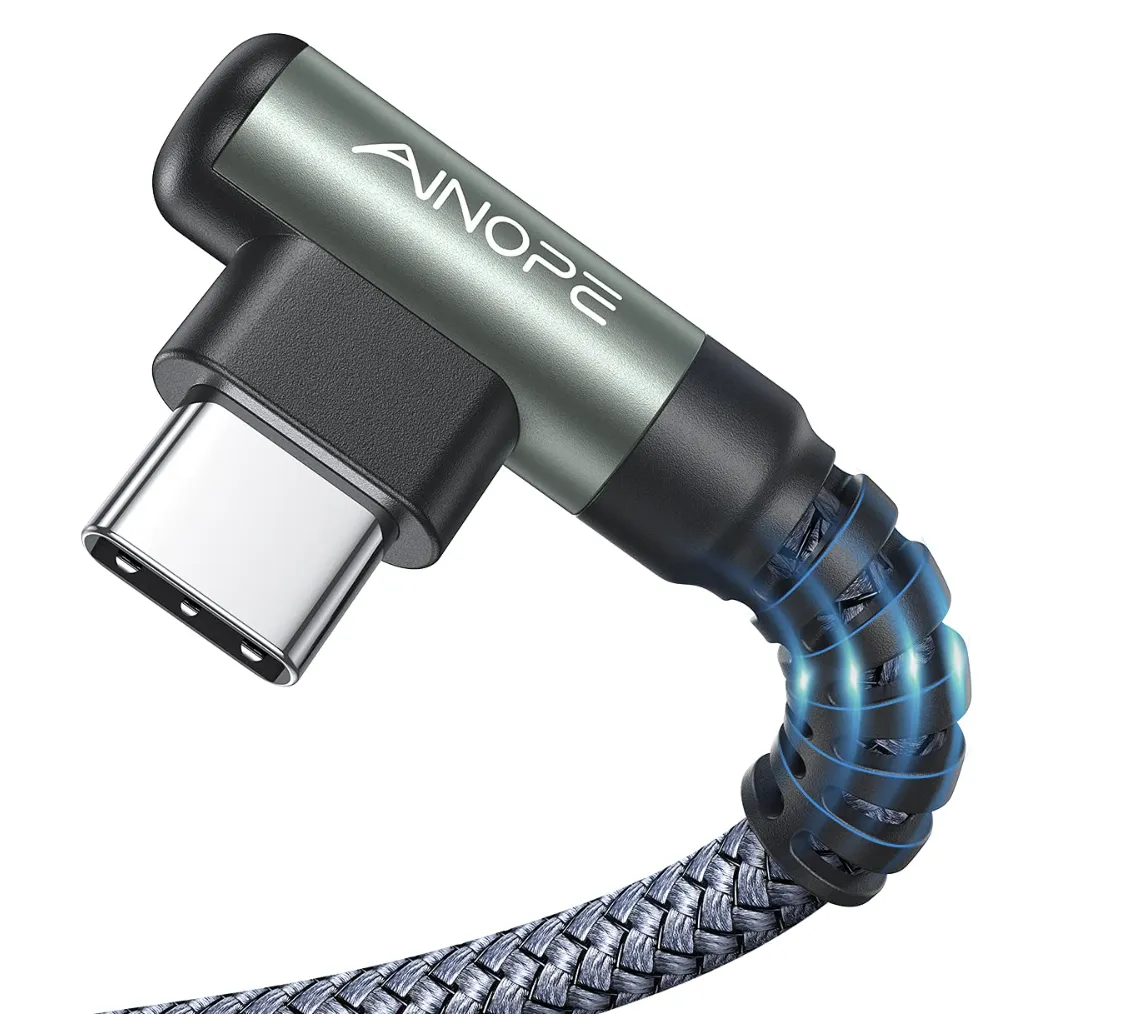
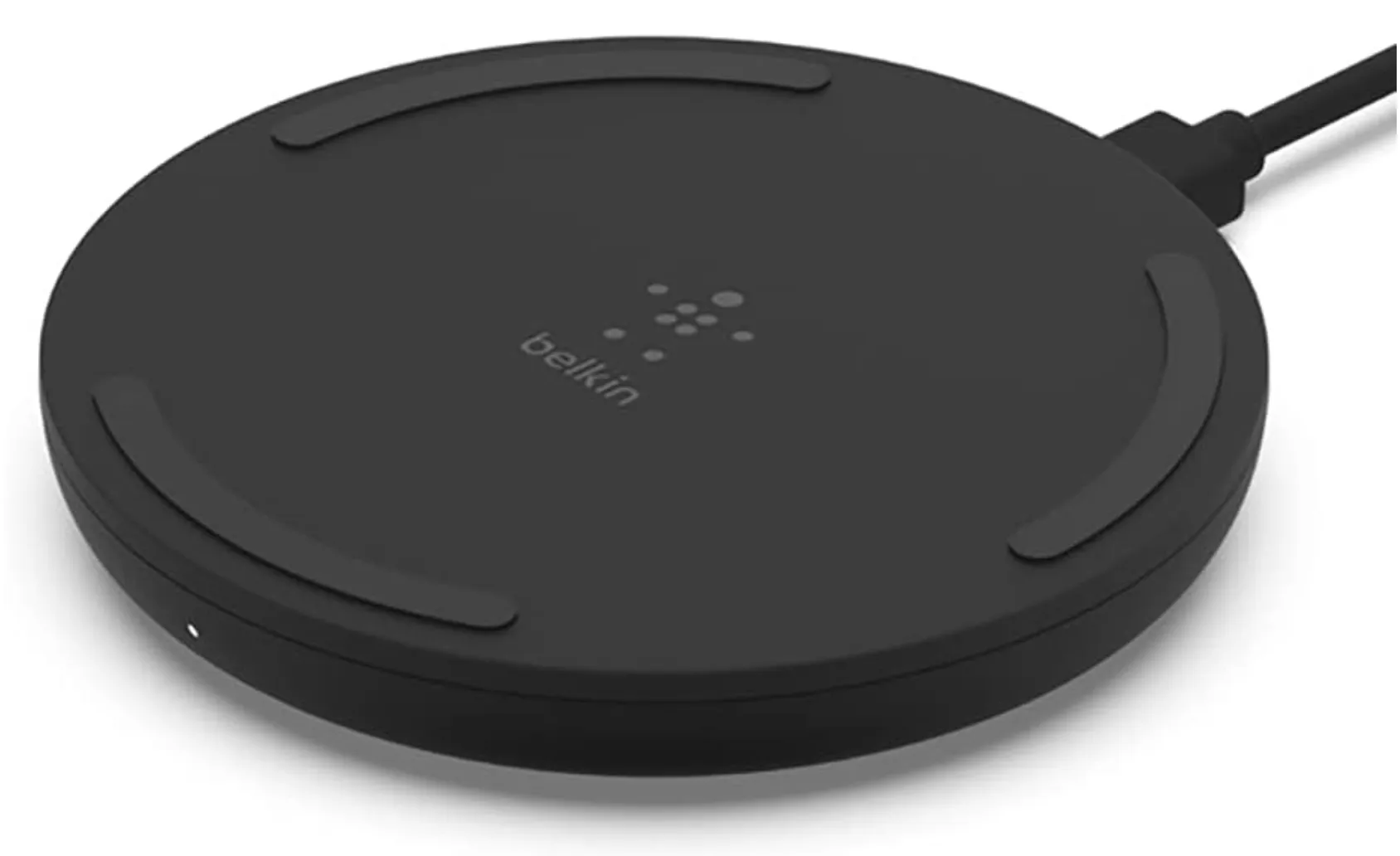
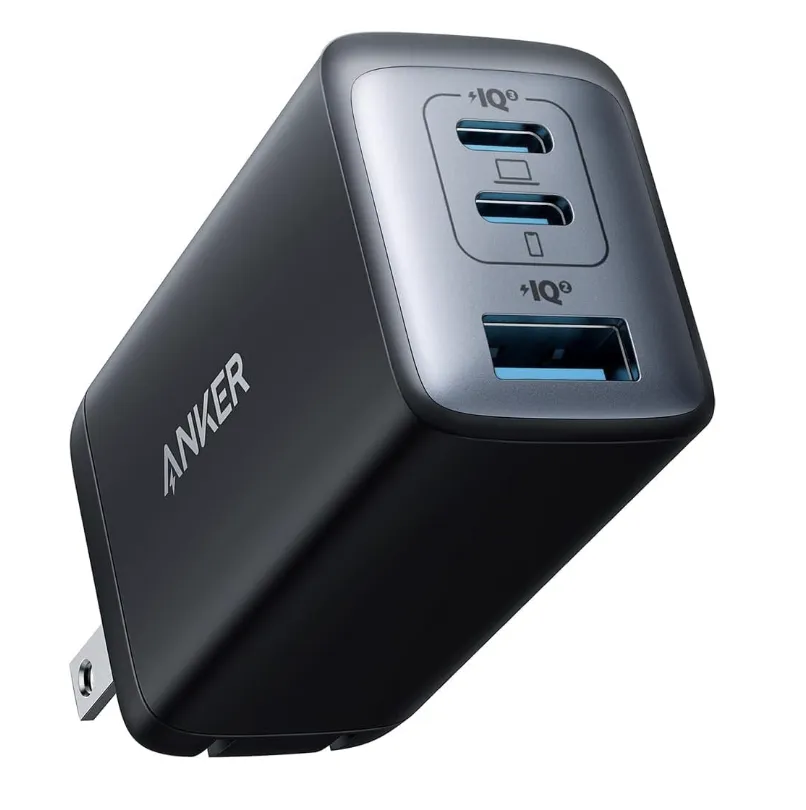

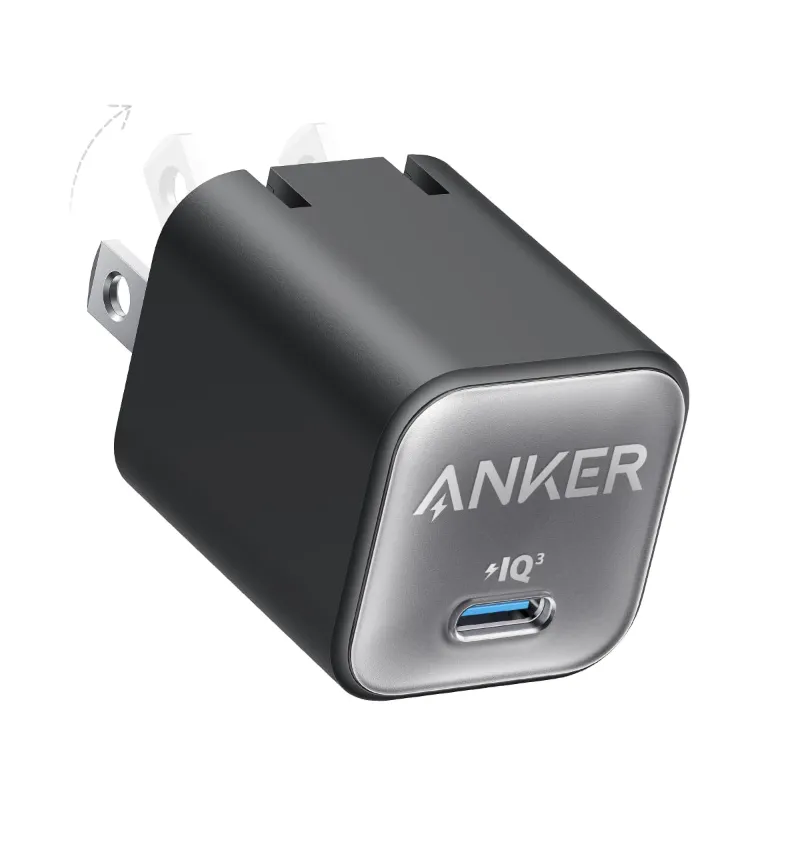





















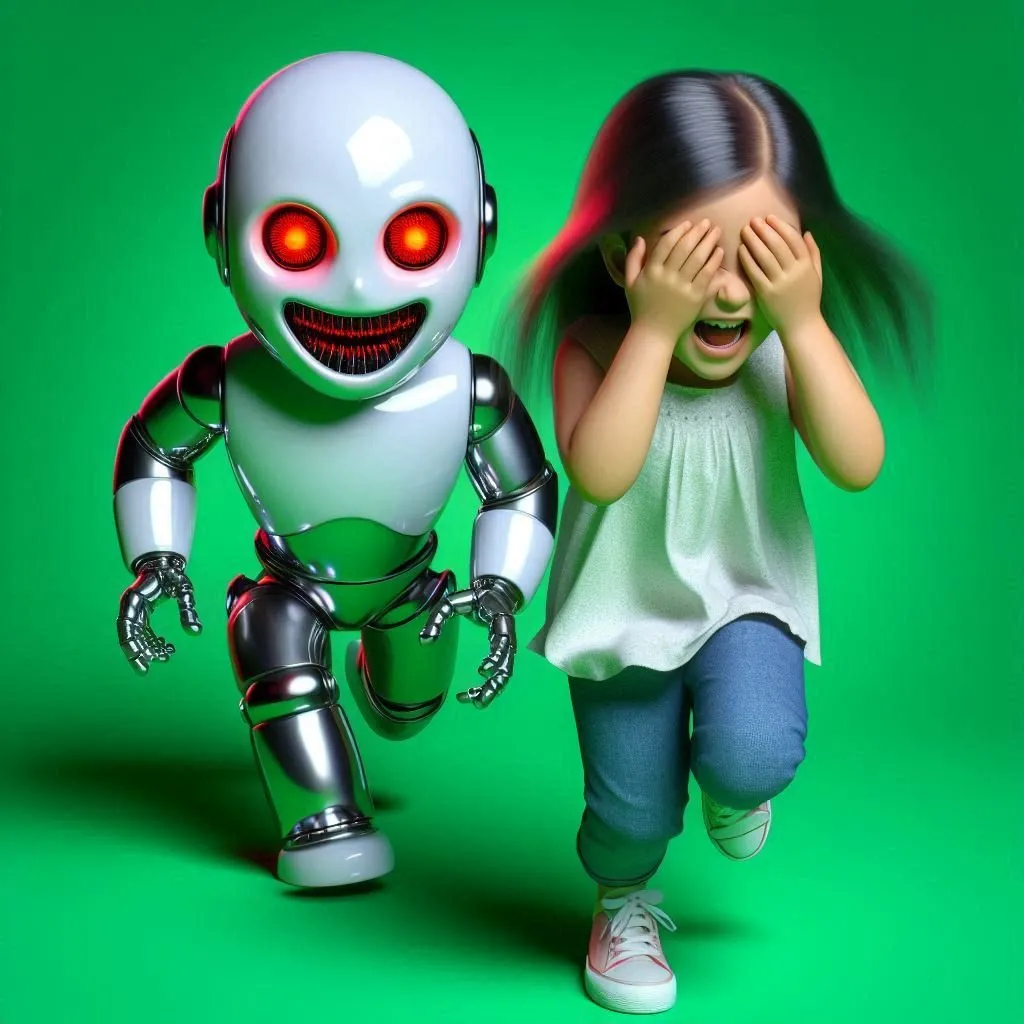

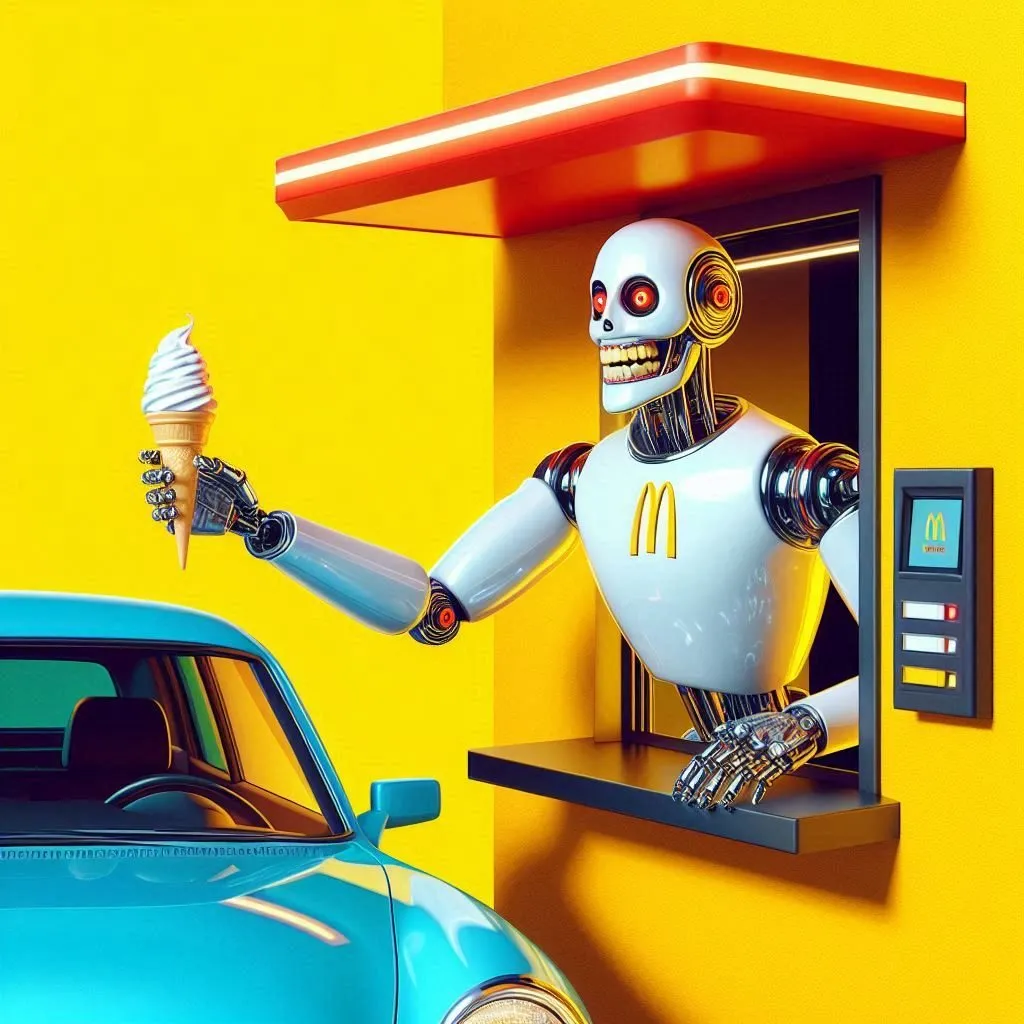
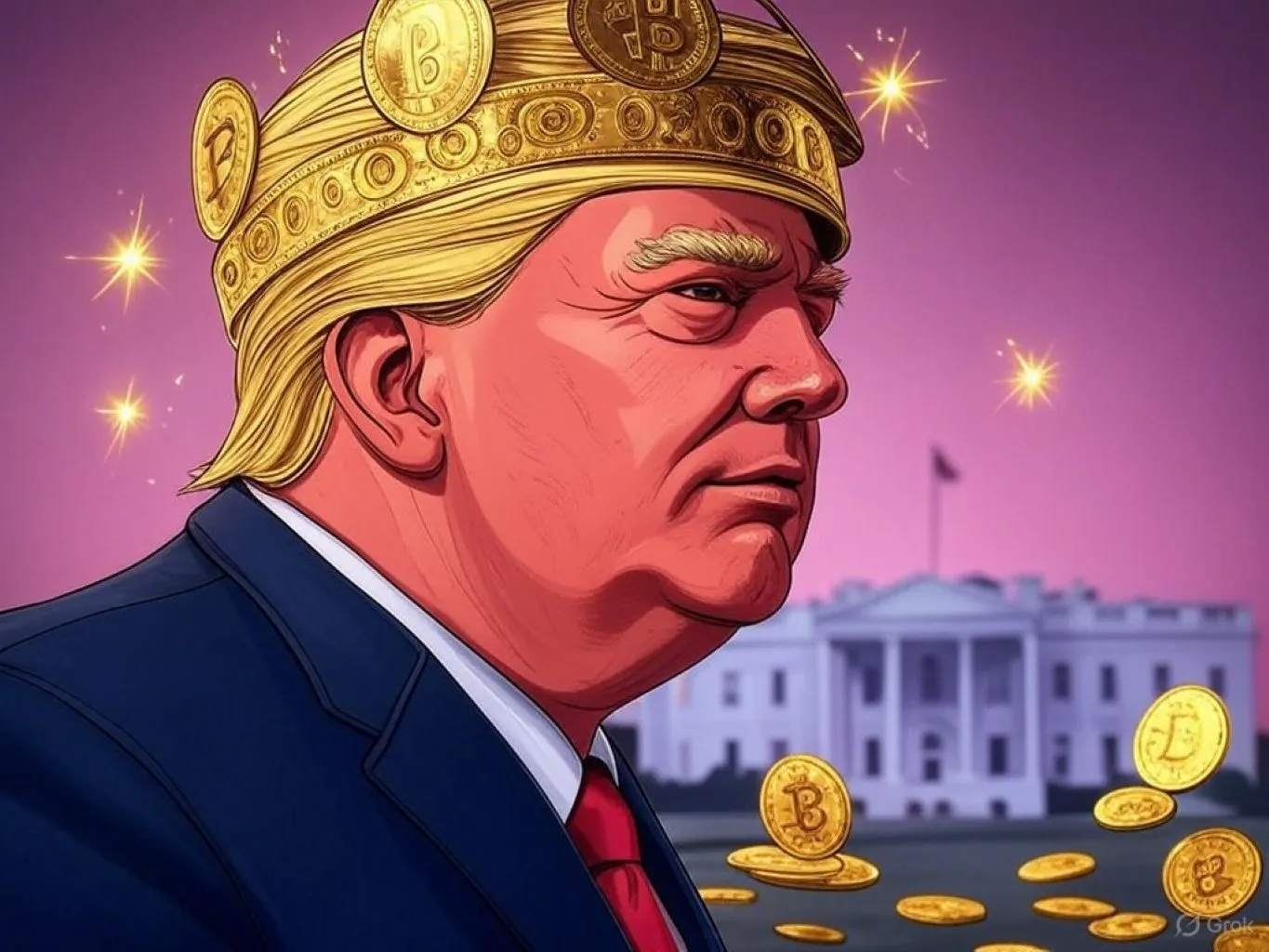









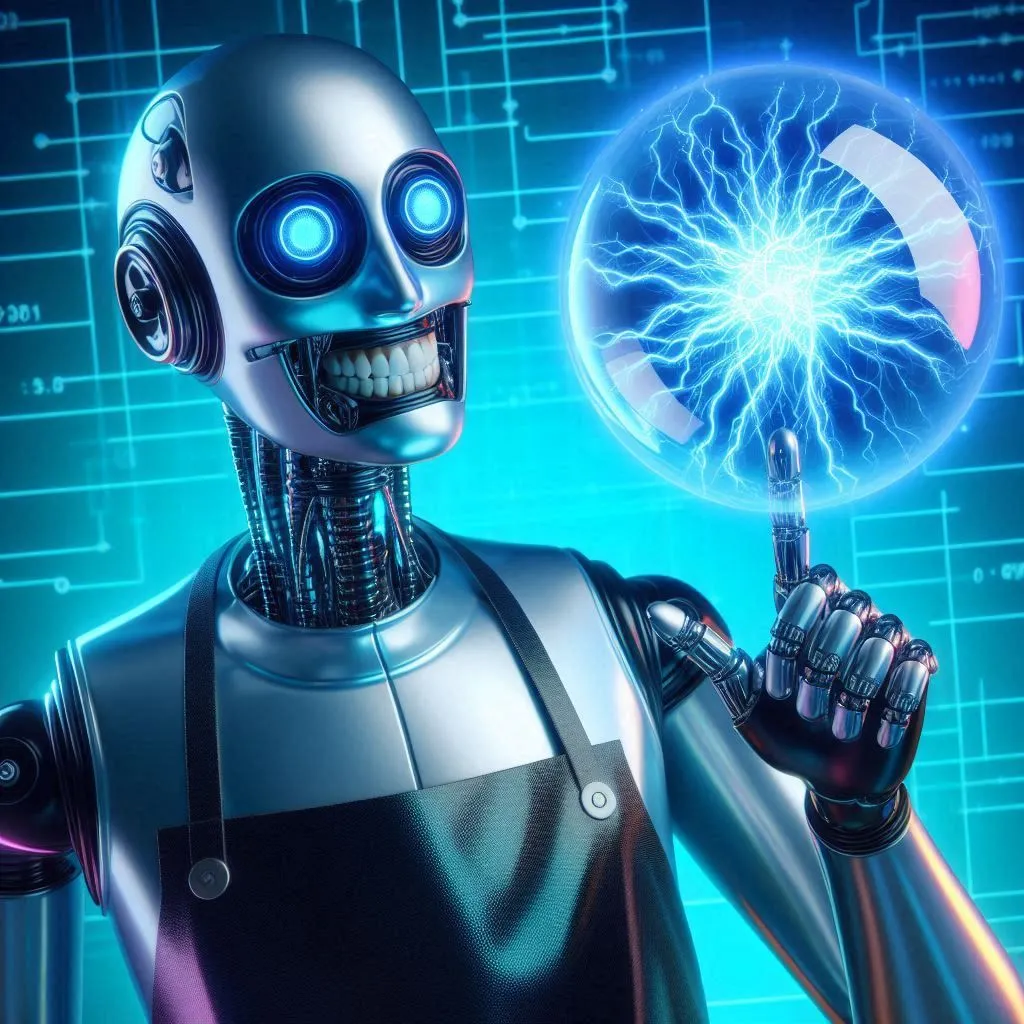



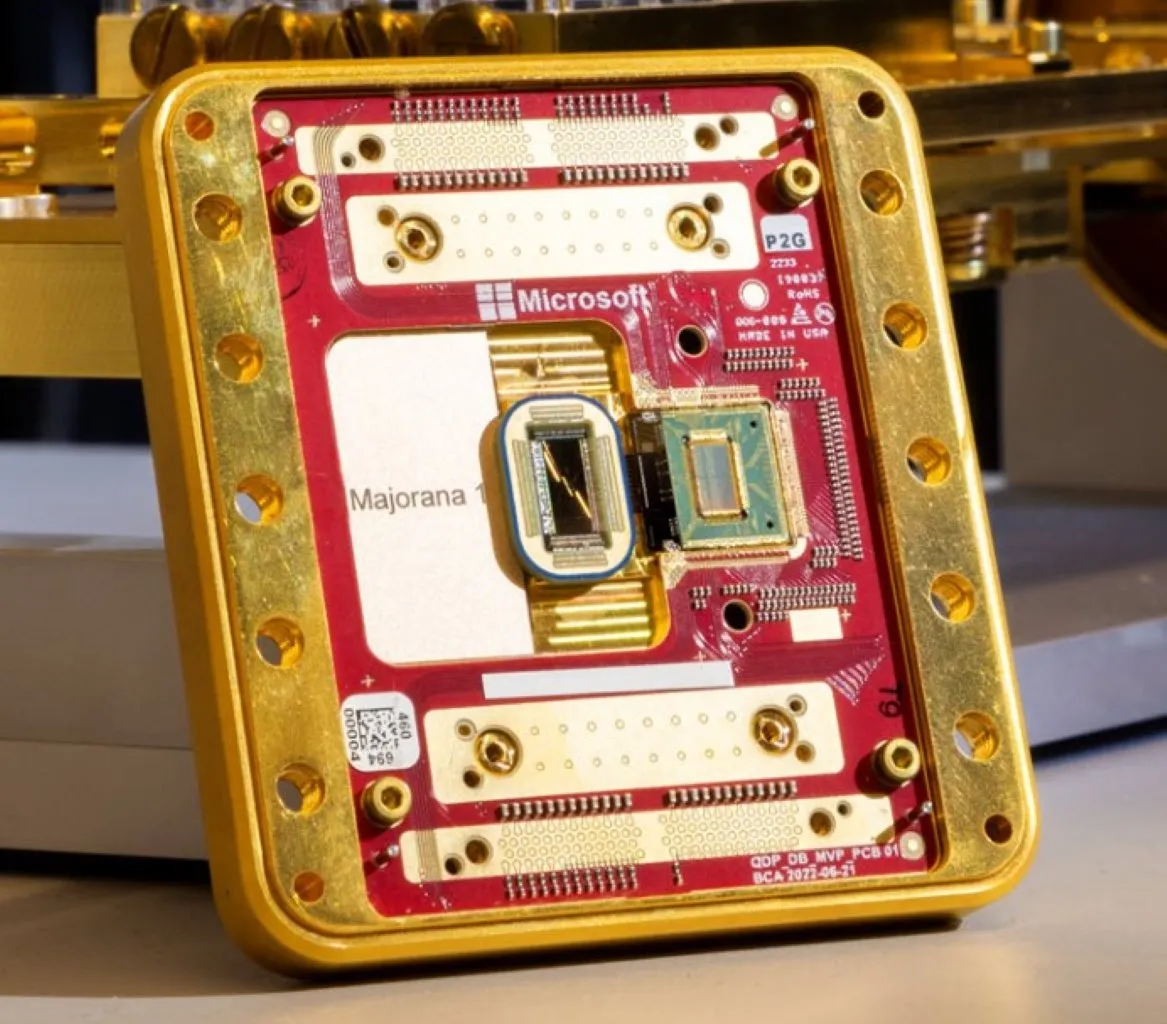




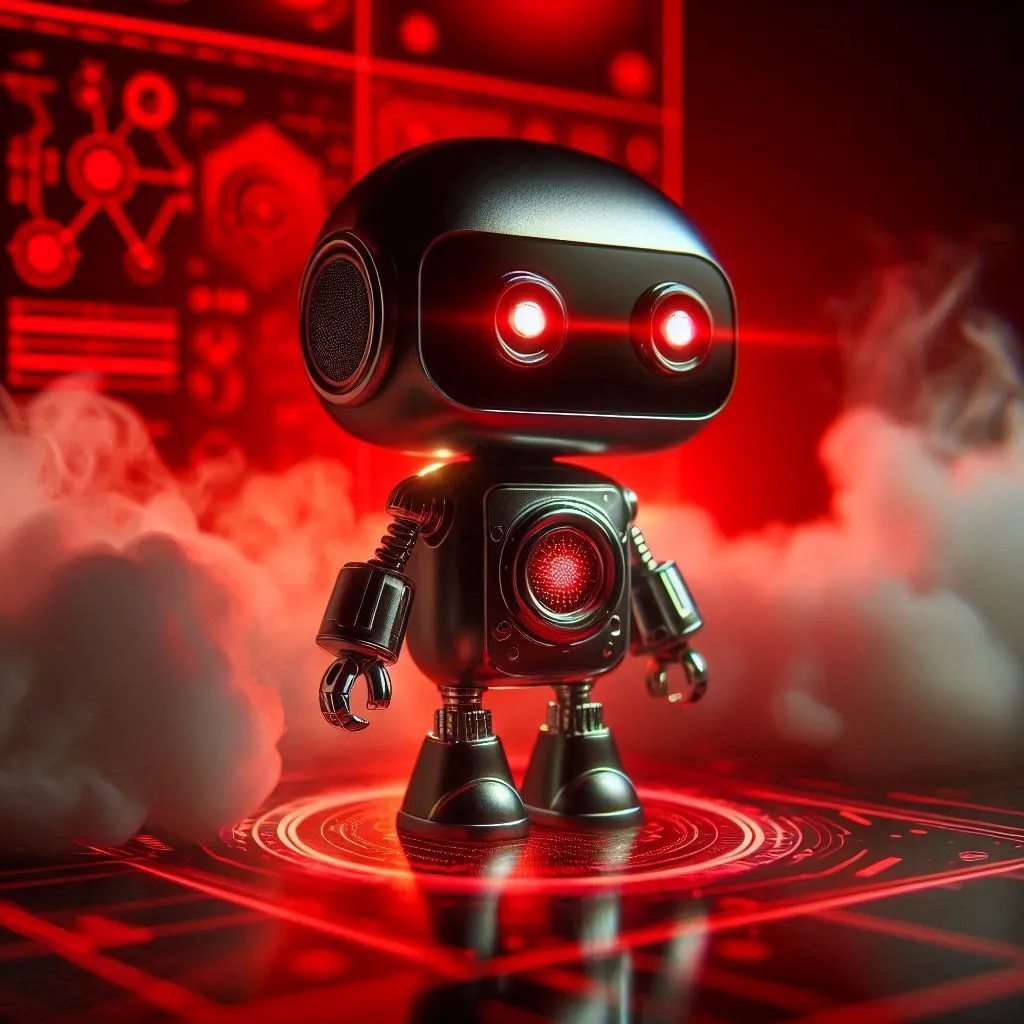












UNBIASED TECH NEWS
AI Reporting on AI - Optimized and Curated By Human Experts!
This site is an AI-driven experiment, with 97.6542% built through Artificial Intelligence. Our primary objective is to share news and information about the latest technology - artificial intelligence, robotics, quantum computing - exploring their impact on industries and society as a whole. Our approach is unique in that rather than letting AI run wild - we leverage its objectivity but then curate and optimize with HUMAN experts within the field of computer science.
Our secondary aim is to streamline the time-consuming process of seeking tech products. Instead of scanning multiple websites for product details, sifting through professional and consumer reviews, viewing YouTube commentaries, and hunting for the best prices, our AI platform simplifies this. It amalgamates and summarizes reviews from experts and everyday users, significantly reducing decision-making and purchase time. Participate in this experiment and share if our site has expedited your shopping process and aided in making informed choices. Feel free to suggest any categories or specific products for our consideration.
We care about your data privacy. See our privacy policy.
© Copyright 2025, All Rights Reserved | AI Tech Report, Inc. a Seshaat Company - Powered by OpenCT, Inc.




